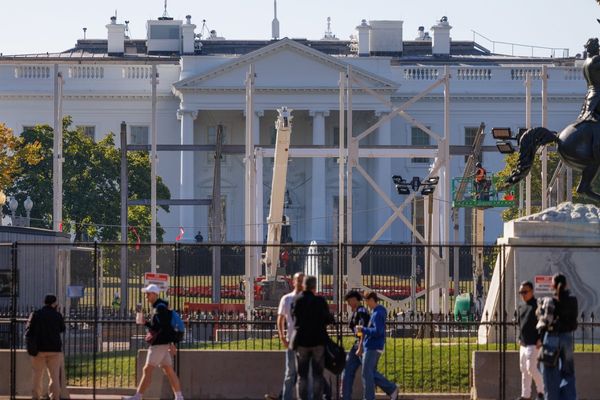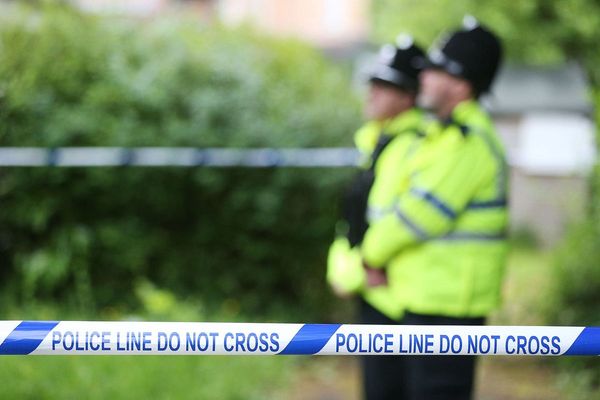
There is a stark disparity between the rate of teenage pregnancy in NSW rural areas compared to girls who grow up in the city.
While teenage birth rates have halved in NSW since 2011, in more than a dozen rural and remote parts of the state, the number of babies being born to teenage mums is going against the trend and rising.
From 2011 to 2020, the rate of teenagers giving birth grew in Coonamble, Narrandera, Lachlan, Carrathool, Narromine, Liverpool Plains, Walcha, Temora, Leeton, Wagga Wagga, Edward River, Snowy Monaro, Albury and Berrigan.
The uptick in teen motherhood goes against a downward trend at the state, national and international levels, according to a report by Family Planning NSW.
Living in a town with a small population can heavily influence statistical outcomes, the report noted.
The rates of teenage pregnancy were the highest in the Far West Local Health District, at 29 births per thousand women, followed by Western NSW at 22 per thousand, Murrumbidgee at 15 per thousand, the Mid North Coast at 14 per thousand and Hunter New England at 13 per cent.
The Murrumbidgee area has not seen any decline in teen pregnancies since 2011.
There was almost triple the number of births by teenagers recorded in rural and regional areas compared with teenagers living in the city in 2020 - above the state and national rates.
Family Planning NSW Chief Executive Ann Brassil says the findings are an important indication of which local health districts and local governments need better sex education and broader access to contraception.
Teenage mothers and their babies are more likely to suffer health difficulties, and tend to face other disadvantages including reduced employment opportunities, Adjunct Professor Brassil said.
Despite the availability of a number of highly effective contraceptives, including implants and IUDs, there are still not enough doctors in the bush trained to offer long-term contraceptives.
The service is now advocating for nurses to be funded and approved through Medicare to offer insertion and removal of long-acting, reversible contraception devices.
There is also a need for significant improvements to sexual education in rural areas and a wider range of support for young women who may become pregnant, Adj Prof Brassil said.







